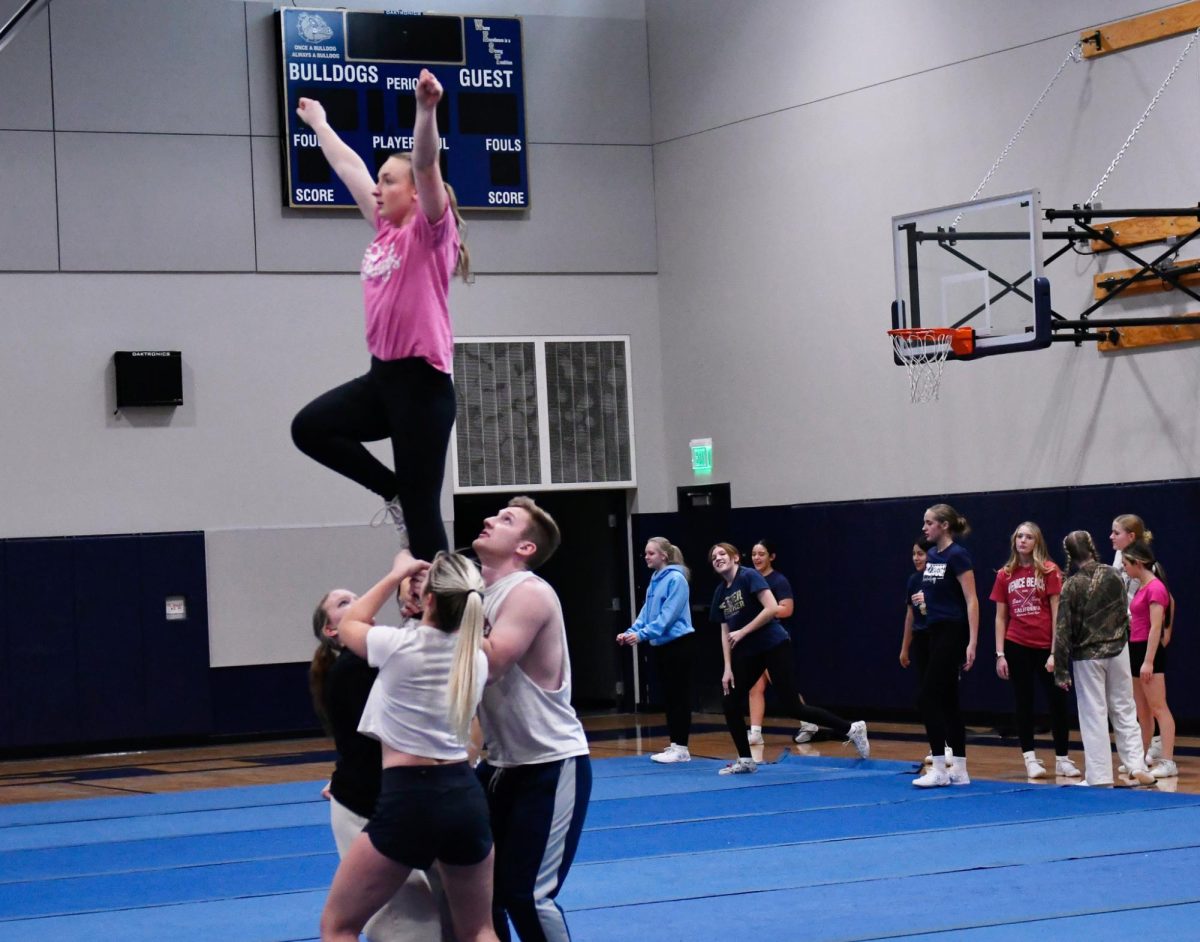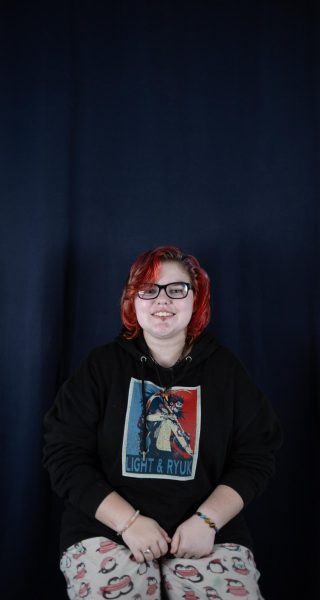When I was younger, I didn’t really know how to behave around people with disabilities. I was unintentionally condescending and sometimes insensitive and I can accept that now. Up until moving into Albany I was equally as ill informed as the people around me, and recognize it now.
Something people don’t really know about higher-needs autistic people is the different levels at which they process things. Not everything is a straight line: they can know everything they need to academically but be completely nonverbal.
My parents separated about three years ago, and roughly two years ago I moved into Albany with my mom and her boyfriend who has three kids. Two of them live with us, both boys, both lower-functioning autistic and nonverbal. Teagan, the oldest, eight years old, is really into letters and spelling and oddly enough dinosaurs, Then Ryker, six years old, really likes music and colors and has an obsession with the movie Princess and The Frog. Just because the boys are special needs doesn’t mean we hold their hands through everything, they still have to learn and walk through things on their own. I didn’t realize any of that before meeting and moving in with Ryker and Teagan.
In elementary school, we had a special needs class that wasn’t really integrated. I only saw a few of the students at recess, so outside of the occasional interaction on the playground, I wasn’t really around special needs kids. That was true until I moved to Albany and had to adjust to living with my step brothers.
Of the two, Ryker has been the most challenging to explain to other people. He’s unable to use silverware or articulate complete words, but he’s smart in other ways, like how he knows exactly what you need or ask of him. Family and close friends ask me all the time about how things are going with the boys and then make assumptions about them. The majority of people who know constantly assume Ryker can’t do anything on how own or can’t function like a normal person. He actually does pretty well on his own but no one believes that because he’s completely nonverbal. It gets irritating having to explain that to people, even though not even two years ago I would’ve been just as lost if someone tried to explain it to me. It’s easier to understand now that I live with them, help them off the bus, watch them while my parents are out and get them up for school when my mom sleeps in.
Their needs can be hard to explain to people and hard to understand myself sometimes, but it’s easy to just love them. They’ve become my family and even though I came into this family with a poor understanding of how to treat people with special needs, I’ve been doing my best to adjust to them and the way their schedules work. There are always things to work on and ways to improve, but I could say that about anything and everything.
The first step in caring for my brothers and other individuals with special needs is simply treating them like people. They have their own likes and dislikes, stupid flaws and funny moments that deserve to be acknowledged. I’ve stopped thinking about my brothers as “special needs” because to me, that’s just them and how they are, not a cognitive condition. Their disability doesn’t define them, which is something I had to learn, but now I know and love my brothers for teaching me that lesson and all that they are.





